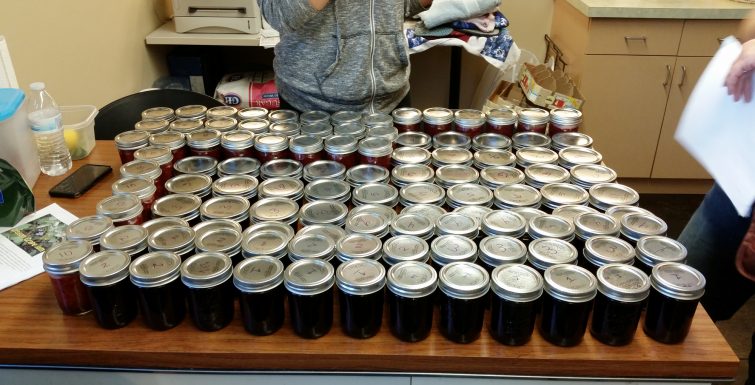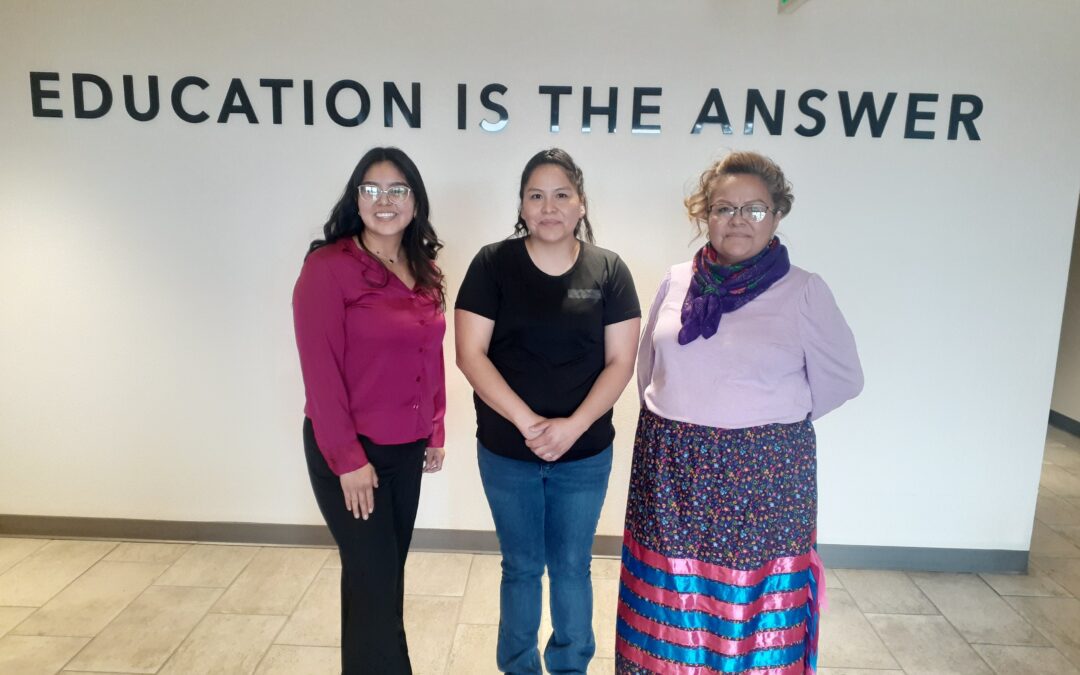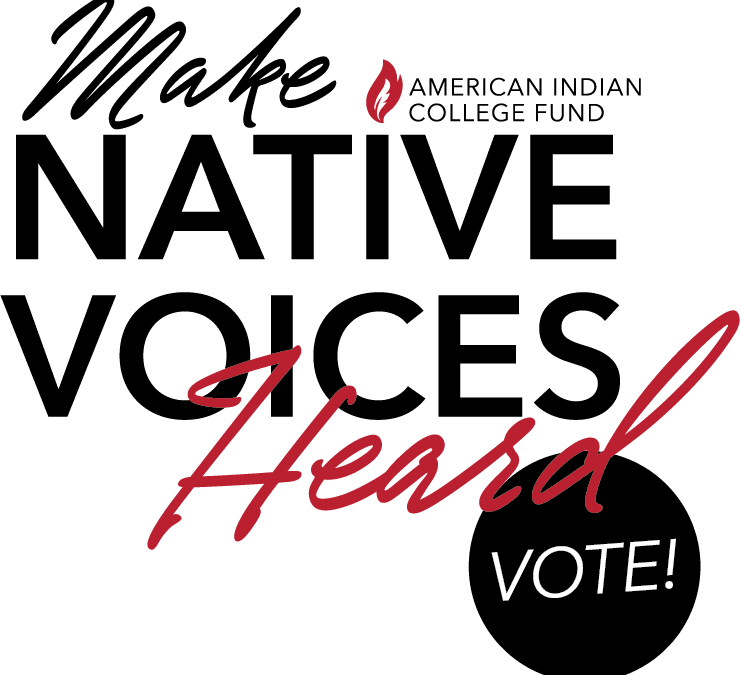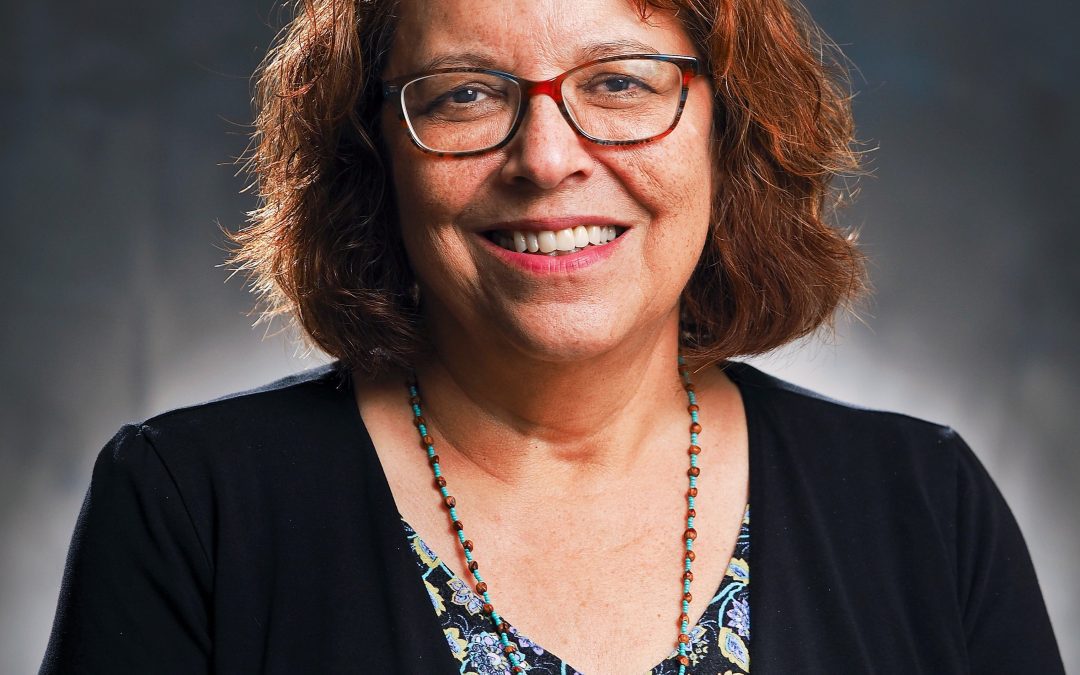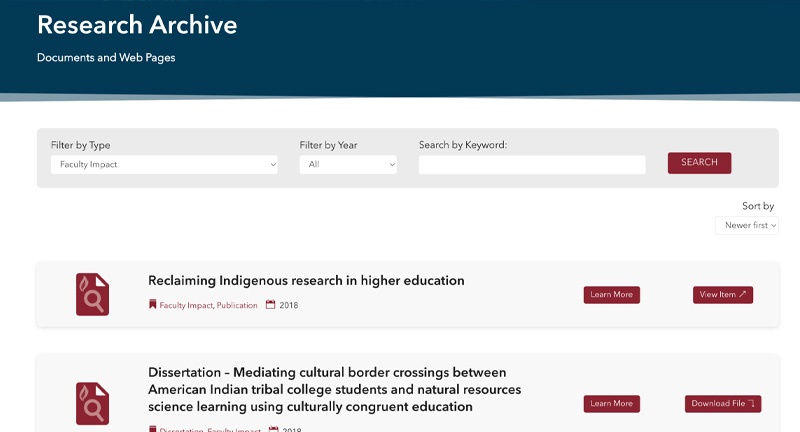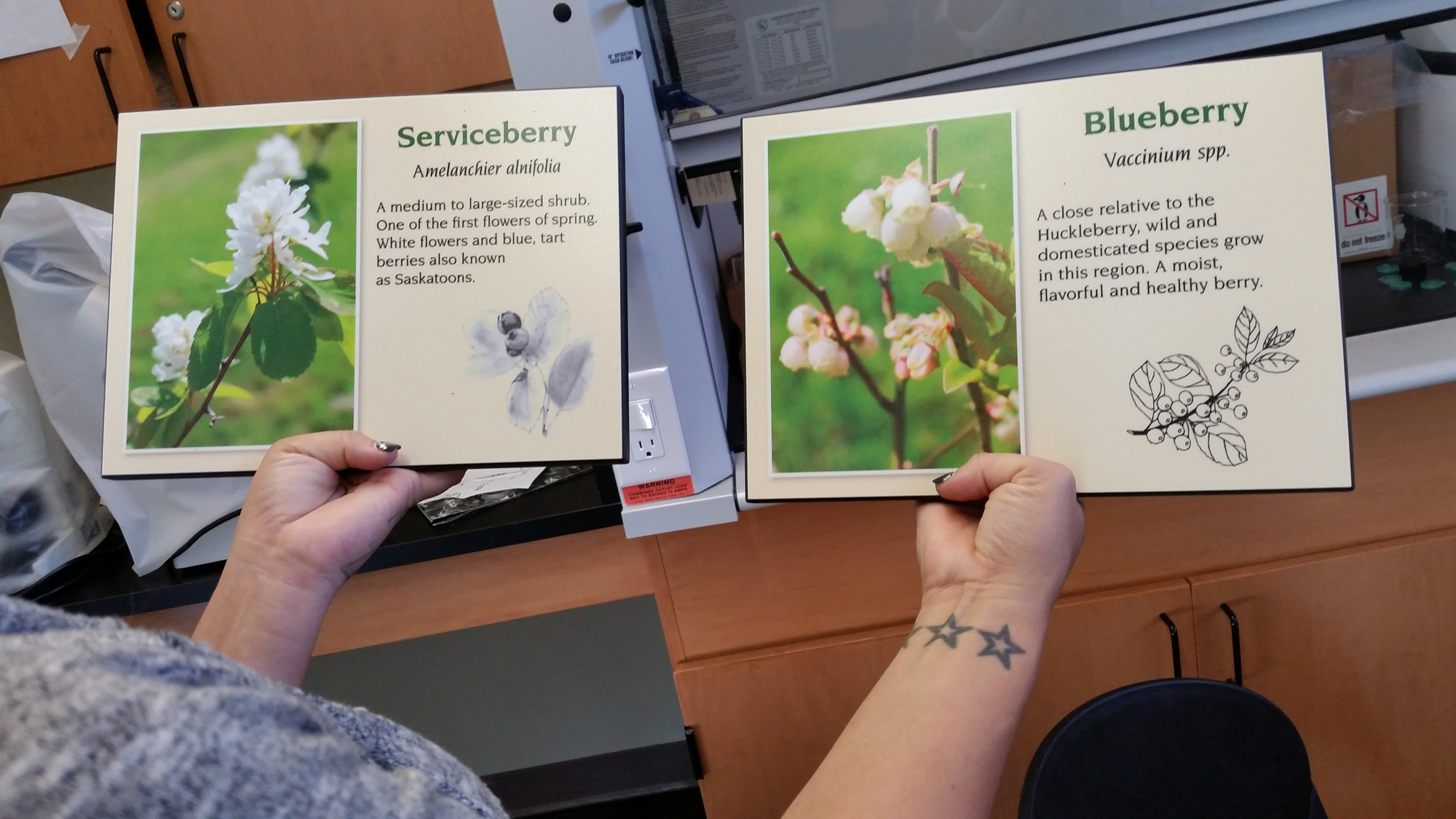
On August 4th, members of the Restorative Teachings Early Childhood Education Initiative Coordinating Team visited Northwest Indian College’s (NWIC) Swinomish Extended Campus Site to research and learn more about their widely acclaimed and highly renowned native plants garden.
 Beth Willup, who graduated from NWIC in 2015, and Gaylene Gobert, the site manager, graciously hosted us. They explained that their native plants garden, called “13 Moons Garden,” focuses on traditional, seasonal foods. Just recently, they made more than 60 jars of blackberry and strawberry jam, all of which came from their garden, to create a healthier version of the food, with reduced and/or natural forms of sugar, and also to share at a clam bake with elders, tribal leaders, NWIC students, and community members.
Beth Willup, who graduated from NWIC in 2015, and Gaylene Gobert, the site manager, graciously hosted us. They explained that their native plants garden, called “13 Moons Garden,” focuses on traditional, seasonal foods. Just recently, they made more than 60 jars of blackberry and strawberry jam, all of which came from their garden, to create a healthier version of the food, with reduced and/or natural forms of sugar, and also to share at a clam bake with elders, tribal leaders, NWIC students, and community members.
We learned that the entire community supports planting and maintaining the garden, including but not limited to NWIC students, Swinomish Wisdom Warriors, junior high school students, and those who need help paying for utility bills, as a form of community service. They also created a curriculum entitled Growing our Own Garden Curriculum. These efforts help to support the sustainability of the community-wide initiative.
We are very grateful to our colleagues at NWIC’s Swinomish Extended Campus Site for hosting us, giving us a warm welcome, and teaching us about their 13 Moons Native plants garden. We look forward to incorporating the lessons learned as we build a traditional plants garden at NWIC’s Early Learning Center to support teaching and learning with young Native children.
by Nahrin Aziz-Parsons, Project Director, NWIC Restorative Teachings

